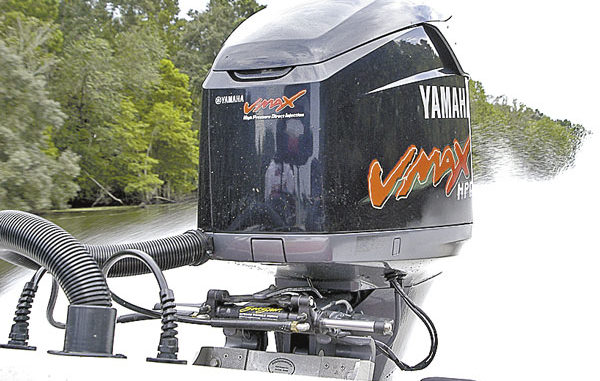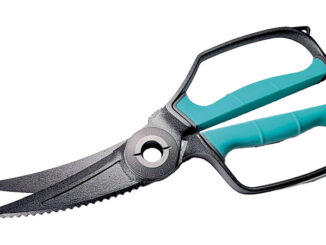
Last year, I wrote a column urging readers to avoid ethanol at all costs. Ethanol has caused many problems ranging from sludge in the fuel tank to deterioration of the fuel lines. It absorbs moisture from the air. That water mixes with the alcohol and the molecules that are formed separate from the gasoline and settle to the bottom of the tank.This process, called phase separation, causes the octane level of the remaining gasoline to decrease. If the octane level drops far enough, your engine could be severely damaged.
There are other nasty things that the alcohol can do to your fuel system. Alcohol is an extremely efficient solvent, and it will dissolve gum and varnish deposits from the walls of your gas tank and fuel lines, and send them through the fuel delivery system until they clog your carburetors or injectors.
If you have a fiberglass tank manufactured prior to 1992, the alcohol can decompose the resin that binds the fiberglass fibers together. If this happens, your tank may spring a leak and need to be replaced.
Eliminating ethanol from your boat’s fuel tank will go a long way in protecting you from fuel-related failures, but keep in mind that not all fuel problems are a result of ethanol. I recently was contacted by a boat owner who thought he had an ethanol problem. He described his engine as a 1998 V-6 outboard on the back of a 20-foot bay boat.
He was having a problem with the engine bogging down after it was initially run. It seems that in the morning his engine would crank up and run fine to that first fishing hole. After several minutes of fishing, he would start the engine back up and it would bog down at approximately 1500 rpm. If he would pump the primer bulb, the engine would run fine. This problem would repeat itself throughout the day.
Mistakenly believing he had an ethanol problem, he was considering draining his fuel tank and refilling it with non-ethanol gasoline. He was asking for suggestions on the best way to drain his tank.
I have seen this type of fuel problem many times before. It occurs most often in the months of June, July and August. The problem coincides with our extreme summer temperatures. When you first crank up your engine in the morning, the fuel system is at its coolest of the day. The operating temperature of most outboards is 140 to 180 degrees.
When you stop to fish, this elevated engine temperature along with our hot climate can cause the fuel in your carburetors and fuel lines to evaporate, and sometimes actually vapor lock. If the check valves in your fuel line primer bulb are not completely seating, they will also allow the gas in the line to drain back into the tank.
When you start up the engine, your fuel lines, fuel pump and carburetors are running on empty. As soon as you try to accelerate, the engine actually runs out of gas. By squeezing the primer bulb you are refilling the fuel system, and the engine runs normally.
One of the easiest fixes for this problem is to replace the primer bulb in your fuel line. A new primer bulb with the new check valve in it will help prevent the fuel from draining back to the tank. The best choice for a new bulb would be your original equipment manufacturer. There are many inexpensive substitutes to choose from, but OEM is usually your best choice. Another helpful tip is to try to cover or conceal as much of the fuel line as possible from the heat of direct sunlight.
Ethanol does contribute slightly to this problem because the alcohol-enriched gasoline has a higher level of volatility, and it will evaporate faster than gasoline without the alcohol mix. If you have concerns that your fuel is contaminated, disconnect your fuel line from the engine and, using your primer bulb, pump approximately a quart of fuel into a clean, clear container. You can then see if there are any contaminate particles or droplets of water in the gas.
If the fuel is contaminated, the tank should be drained and cleaned. If the fuel is clean, then take the necessary preventative measures now to protect your engine.
A 10-micron water-separating fuel filter installed between your tank and engine will stop water and dirt from reaching your engine. If you must use ethanol gasoline, then always add a fuel stabilizer to your gas when you fill up. This will help to slow down the phase separation and keep your fuel’s octane at a higher level. The shelf life of ethanol in your tank is approximately 90 days. Stabilizer will extend that life to 1 year.
If you should decide that you need to drain and clean your tank, then I would suggest that you leave that job to a professional. You are dealing with a highly explosive liquid in that tank. One wrong move could result is extensive damage to your boat and/or severe bodily injury to yourself and others.
If you have any questions about your boat, motor or trailer you can e-mail me at theboatdr@yahoo.com.


